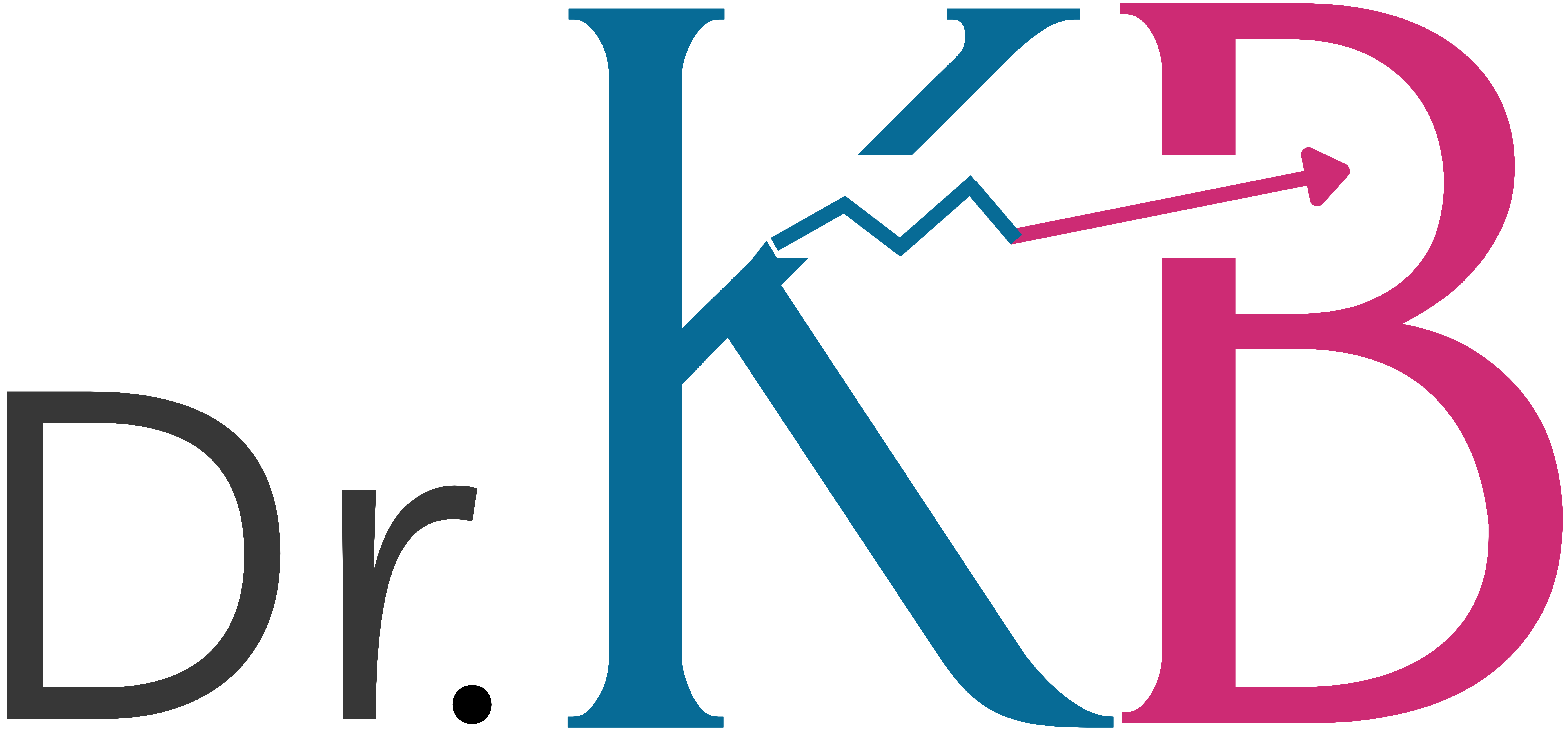Compassion and clarity
/ Blog
This has been a troubling week for most of us. As if the global SARS-CoV-2 pandemic wasn’t enough, most of us have now seen the video footage of the brutal death of a black man, George Floyd, by the force of a white police officer in Minneapolis last week. The reaction to this event has been filled with fear, pain, outrage, protests, riots, violence, and conversations about systemic racism, injustice, and police brutality.
How we respond to this event may largely be determined by our own conditioning. While we have many conscious good values, we also have internalized thoughts, values, and biases from the culture in which we were raised. It may be hard for us to understand why this event resulted in violence. But as Nelson Mandela said in Apartheid South Africa in 1962, “Government violence can only do one thing and that is to breed counter-violence”.
But the violence must stop. It’s easy to feel powerless against a problem that seems too large to deal with. Yet, we must find a way forward so that we can all heal and feel safe. I believe there IS a way and it starts with us.
You and me. And compassion.
“Compassionate action has to start with ourselves. It is unconditional compassion for ourselves that leads naturally to unconditional compassion for others.” – Pema Chödrön
Compassion is the feeling that comes when we are aware of suffering and we want to take action to alleviate it. For compassion to arise, we must first be willing to feel pain and suffering. We tend to pull away from pain. This is our normal human conditioned response. If we want to come close and feel the pain, it will take practice. It’s like a muscle that will take time to build. When we do feel the pain up close, our hearts open up, and we connect to the suffering. This force of connection can motivate us to take skillful action– action that arises out of a clear and connected mind.
When we are in a compassionate and connected place, we can ask the question, “how can I help?”*. Then listen for the skillful possibilities that arise.
Over the past week, I have been connecting and asking, “How can I help?”. This is what I’m hearing:
- Don’t let social media and the news dictate your response. Find your own way, aligned with who you are.
- Make connections. Then listen and learn.
- Educate yourself by reading about the history of black people in America.
- Bring your own biases to the conscious mind by becoming aware of your thoughts and reactions.
- Talk to your friends and family about privilege and systemic racial discrimination.
- Donate to causes that are actively combating injustice and discrimination.
- Keep working on compassion, connection, and skillful action after this event has passed.
How are you coming close to suffering in a way that allows you to feel the pain, open up to it, and allow the question, “How can I help” to lead you into skillful action?
Sources and additional resources:
- My close friends who are open to having difficult conversations.
- Krishnamurti. Commentaries on living. Series III chapter 12. There is no thinker, only conditioned thinking.
- Dan Harris and Sebene Selassie. Ten percent happier podcast #252. You can’t meditate this away (race, rage, and the responsibilities of meditators).
- *Joseph Goldstein. Compassion and equanimity in difficult times. Insight Hour.

